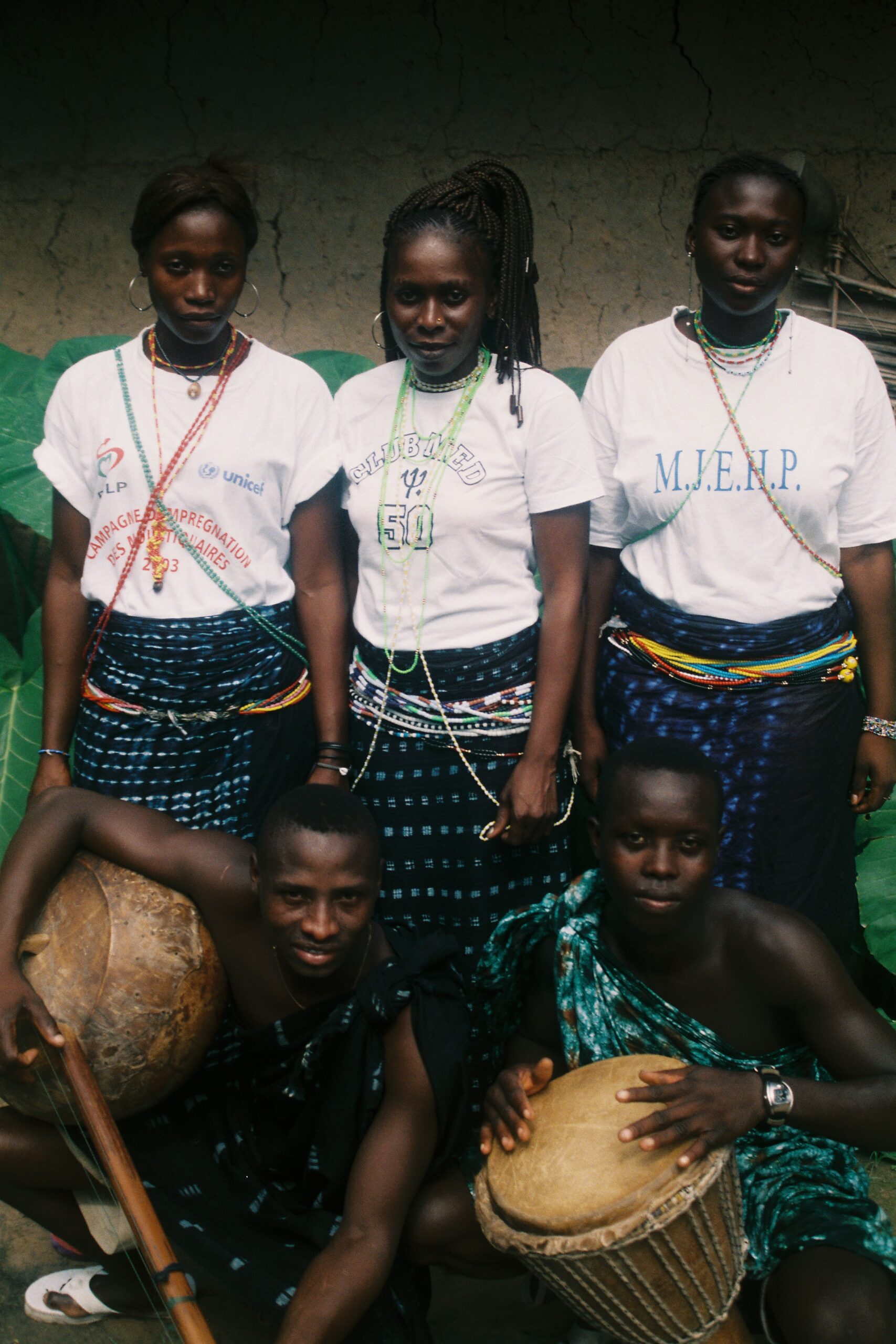
Music is more than meets the ear.
Rhythms for Resilience researches and promotes the application of music and music-making as a local resource to community well-being projects. We work predominantly within the global permaculture community and explore the use of music within the permaculture design process.
Many of us might have culturally limited views on the potential of music in regards to land-based and people-based regeneration work. Looking at what music is able to achieve in other cultural contexts can be a revelation: Ethnomusicology meets Permaculture
We particularly focus on music
a) in ritual
b) as recording
c) as a live event, and
d) as an educational platform.
This is our way of integrating permaculture design with our many years of experience working in music, music education, producing, and studying Ethnomusicology.
We are piloting our own initiative with an exciting and important reforestation project in Senegal.

PROJECT SPOTLIGHT: Music and Permaculture
EXPLORING MUSIC AS A LOCAL RESOURCE
The power of music for change
Music, in its many different manifestations, for example as recordings, as educational projects or as live performances are a great resource because they can raise money, they connect us with each other and they are fun. In the case of Casamance Senegal, music plays a hugely important role in peoples’ lives.
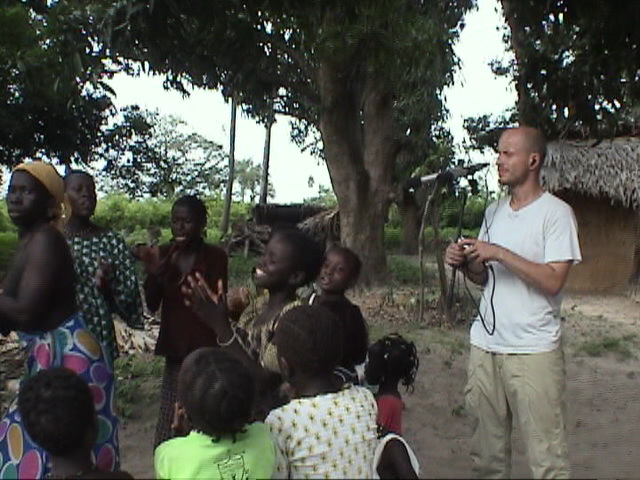
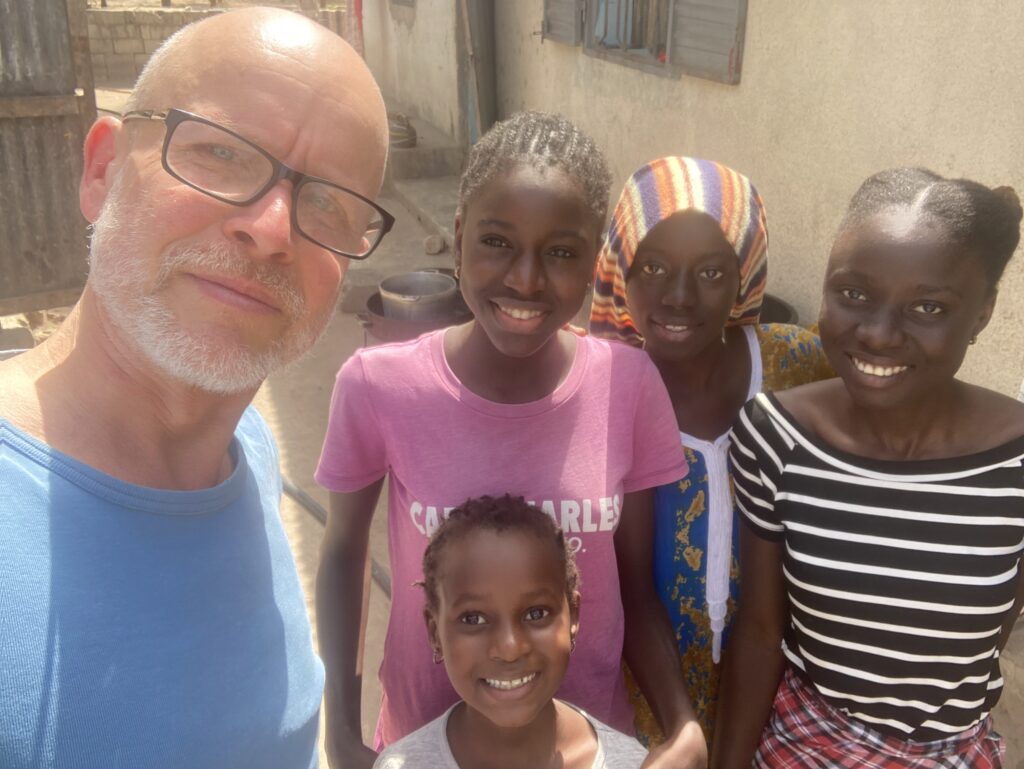
The impact of climate crisis
Deforestation in particular is a huge concern in Casamance in regards to resilience and climate change mitigation. Wood is an indispensable material for cooking and people often cut their own fire wood by hand in their local area. Hard woods, resistant to termites, are used for fencing in order to protect crops. Palm wood is used for making roofs.
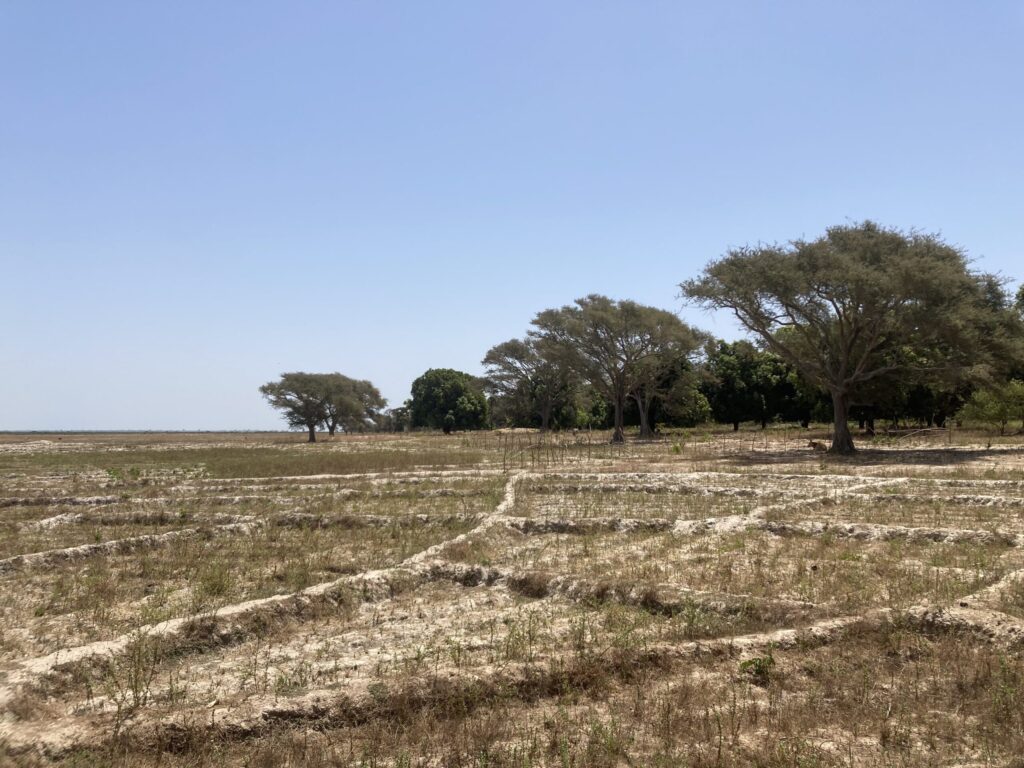
Developing a response
On a recent visit to Casamance this year, Tobias and his hosts spoke about community resilience, health and well- being, about food security and village ecology. That is when the idea for this particular fundraiser was born: to replant a broad range of heritage trees and to engage the local community in sustainable practices.
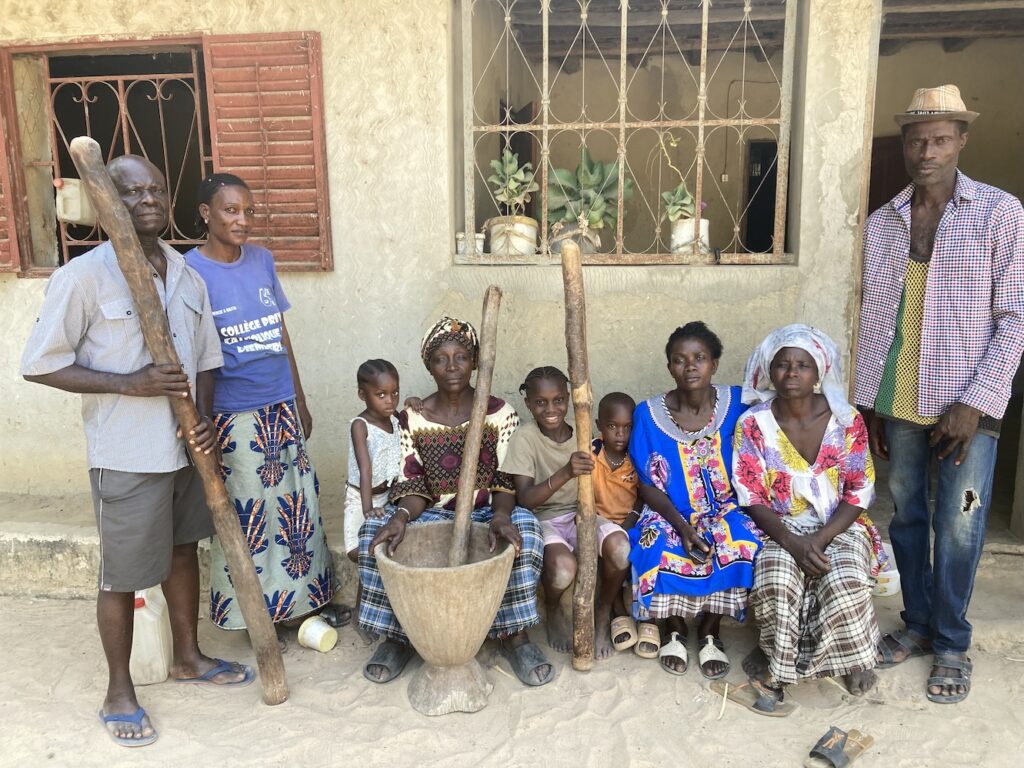
Crowdsourcing a solution
Together, we will raise £4000 to plant 300 heritage trees in and around the village of Kartiack, the place where Tobias’ host family lives. The endemic tree varieties selected are Fromagier, Baobab, Cailcedrat, Ditakh, Linké, the Madd Tree and the Moringa tree, many of which have medicinal properties. Meetings will be held with the local community to explore the challenges of deforestation, the multiple benefits of heritage trees and involve volunteers in the planting initiative.
Music is a resource
The arts are central to who we are and to how we shape and experience our world. We therefore need to make them an integral part of the healing process of self, community and biosphere.
Rhythms for Resilience Provides:
Education
Our understanding of music is limited by our cultural context. We can broaden this understanding through having a more cross-cultural perspective.
Consultation
Music is all around us but many project leads don’t know how to apply it to their organisation’s program. We advice clients on how they can apply music to their projects.
Application
We conduct community well-being projects which apply music as a local resource.

Tobias Sonrisa Sturmer
Tobias is the founder of Rhythms for Resilience, a musician and ethnomusicologist living in Oxford, UK. He practices permaculture and his research is in exploring music as a rich and locally available resource which can contribute to community resilience and well-being.
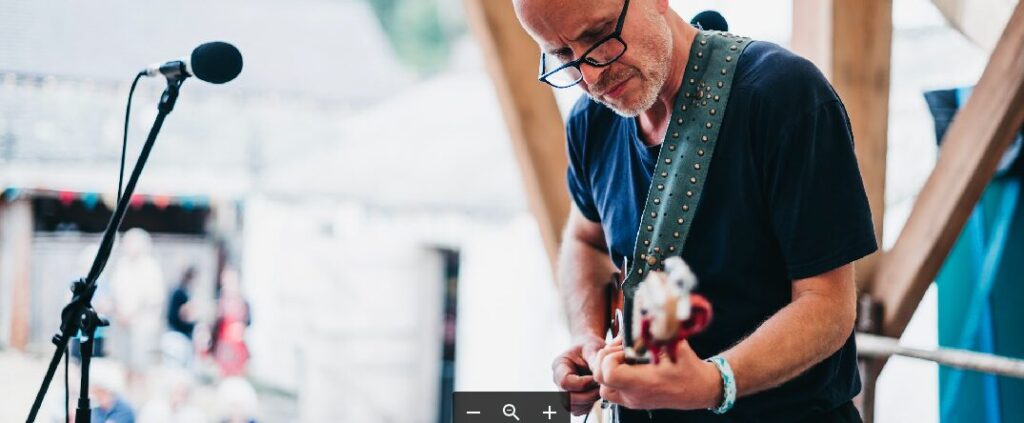
For over 30 years he has been visiting the Casamance region and has had the privilege to be welcomed by two local host families. He has witnessed much social and environmental changes during those years.